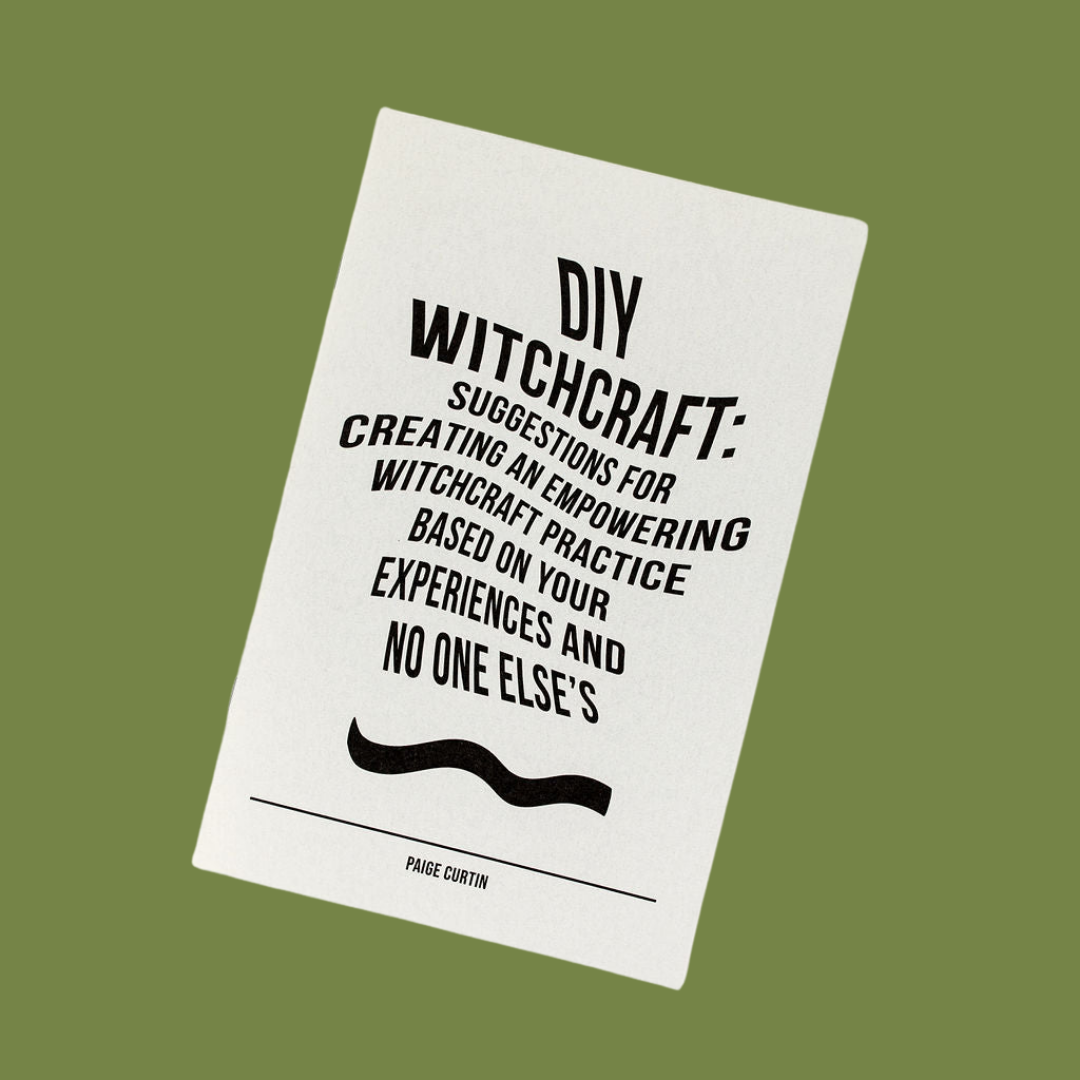Brett Kavanaugh is a Monster Who Tried to Stop a Teenager from Getting an Abortion
Since being put in charge of the Office of Refugee Resettlement, Scott Lloyd has worked tirelessly to monitor and restrict the rights of pregnant minors in his care; efforts that have been documented in the national press during a number of high profile cases in which he personally intervened, attempting to block access to abortion for pregnant minors in ORR custody. And while his efforts were largely thwarted by the courts and tireless reproductive rights advocates and lawyers, he made one ally of note along the way: Brett Kavanaugh.
Minors and Abortion in the US
Some quick background – currently, in the US, minors in 37 states must either go to a parent, or go to court, if they want an abortion thanks to so called parental involvement laws – which designate that minors are distinct from adults in their capacity to make the abortion decision, and therefore should not be allowed to do so alone. These laws are arduous, time consuming, and altogether unnecessary. Statistics show that in states without parental involvement laws, the majority of minors involve a parent in their abortion decision already. For those that don’t, they likely have a good reason and often come from abusive, unstable environments in which the disclosure of a pregnancy or abortion could compromise their safety. The bypass process – in which a judge determines if a minor is mature enough to make the abortion decision on her own, or if it is in her best interest – can be humiliating and can even further delay their access to an obviously time sensitive procedure.
Needless to say, getting an abortion as a minor in most of this country is far from easy. For minors in the care of anyone other than their parents, be they foster teens, or incarcerated teens, that applies tenfold. Teens in ORR custody are no exception. Depending on what state they are being held in, in order to get an abortion, they must abide by the state law. In states where parental involvement laws exist, that means going to court, as teens in state or government custody fall into a sort of parental involvement law blind spot where, without the option of involvement a parent, they are left without any choice but to seek a judicial bypass.
Lloyd and Kavanaugh: All for Butchering Womxn's Lives
Lloyd has made it even harder for pregnant teens in his custody – going so far as to block their abortion access after they had obtained the requisite judicial bypass, and even discussing privately with members of his staff the possibility of trying a cruel “abortion reversal” procedure on one minor – a method widely regarded in the medical community as ineffective pseudoscience promulgated by the anti-choice movement. Each of these cases has been fought in court – and thanks to folks like Brigitte Amiri, an attorney with the ACLU Reproductive Freedom Project who has fought on behalf of the Janes – Lloyd has been put in his place. But one Jane case from October of 2017 stands as our only existing ruling from Brett Kavanaugh, Trumps’ Supreme Court nominee on abortion – and it is a doozy.
Kavanaugh’s ruling on the case, which involved a 17-year old unaccompanied minor petitioning to terminate her pregnancy, is profoundly troubling, and extreme. The case went before the D.C. Circuit where Kavanaugh was a sitting judge, when Amiri relayed her client’s plea – she just wanted to get the abortion she was legally entitled to, having already been granted a judicial bypass. As Amiri writes, “Judge Kavanaugh issued a decision that would have forced Jane to further delay her abortion, almost a full month after she first sought it.”
Kavanaugh insisted that the Jane Doe find a sponsor – someone who would facilitate her abortion decision allowing the government to abstain from involvement in the process, a system that runs directly contra to the already established judicial bypass protocol. In other words – he wanted her to jump through more hoops, so he could say the government had nothing to do with allowing a young woman to terminate her pregnancy. When he handed down his ruling the government had already passed around her case for a month – delaying her procedure for as long, so attorneys filed and were granted an emergency order overturning Kavanaugh’s ruling and allowing Jane Doe to get her abortion without further delay. In their decision, the court cited binding Supreme Court precedent and the harm of Kavanaugh’s ruling. Judge Millet, who dissented in Kavanaugh’s original decision said in her ruling overturning it that Kavanaugh’s stance sacrificed Jane Doe’s “constitutional liberty, autonomy, and personal dignity for no justifiable government reason.”
Kavanaugh has No Respect for Sitting Supreme Court
Even still, Kavanaugh strongly opposed the final ruling, holding steadfast to his original belief that the government was within their rights to further delay the abortion of this young woman – ignoring decades of Supreme Court precedent on the issue, and sending a clear message about where he stands on the abortion issue more generally.
Amiri, who has largely been the public face of many of these Jane cases has spoken about her concerns over Kavanaugh’s nomination – and while the ACLU does not endorse or oppose SCOTUS candidates, she’s made it clear that Kavanaugh’s decision in the Jane Doe case speaks volumes. Kavanaugh has said publicly that sees Roe v. Wade as “settled law,” when pressed as to whether or not he would overturn the landmark decision as a sitting Supreme Court judge, but as we recently found out – privately, he's expressed a different view. And as Amiri warns, overturning Roe is far from the only way to gut abortion access in this country – as evidenced not only by Kavanaugh’s ruling in the Jane Doe case, but by the avalanche of abortion restrictions this country has seen over the last decade. Restrictions that Kavanaugh as a Supreme Court judge could easily uphold, effectively restricting or obliterating abortion access without technically overturning Roe.
The Future of Abortion Access
Much has been made about Kavanaugh’s dangerous record on issues like presidential infallibility, and the lack of transparency surrounding his time in the Bush White House, but we cannot let that overshadow his ruling in the Jane Doe case, and what it means for abortion rights in this country. Too often, the issue of abortion is sidelined; regarded as a political third rail – too “controversial” to be championed or spoken about boldly and unapologetically. Abortion access for minors is even more contentious, and some on the left even support parental involvement laws, wrongly assessing them as moderate child protection laws instead of unnecessary and cruel burdens on a constitutionally protected right. We cannot let the intersection of these two phenomena – the ways in which we already marginalize abortion access as an issue, and the stigmatization minor’s access in particular – to create a weakness where Kavanaugh’s record on these issues is overlooked.
As hearings for Kavanaugh’s SCOTUS candidacy move forward on Capitol Hill, it’s important to speak loudly and clearly about the future of abortion in this country and what Kavanaugh’s record means for this fundamental right. Bring it up when you call your Senators, when you talk to your friends, your coworkers, you peers – do it for Jane, and for all the pregnant people who have been dehumanized by the likes of people like Kavanaugh.
Mad? Good. Here's a script to read to your Senator:
Hi, my name is [Name], and I'm a constituent from [City].
I'm calling to demand Senator [Name] oppose Brett Kavanaugh’s nomination to the Supreme Court due to his history of ruling against reproductive rights. Womxn should not have to live in fear that their right to choose to terminate a pregnancy or obtain birth control could be swept away by adding Kavanaugh to the Supreme Court.
Thank you for your time and attention.
[IF LEAVING A VOICEMAIL: please leave your full street address to ensure your call is tallied.]
Script from 5calls.org. Find your Senator's number there!
Caroline Reilly is a reproductive justice advocate and a law student based in Boston, MA. You can find her work on Bitch Media, Rewire, Scarleteen, Frontline (PBS), and Death & the Maiden, and where she writes about abortion, medical misogyny, death phobia and more. Additionally, her writing on abortion access for minors, which gained national recognition, can be found here. Find her on Twitter at @ms_creilly.






